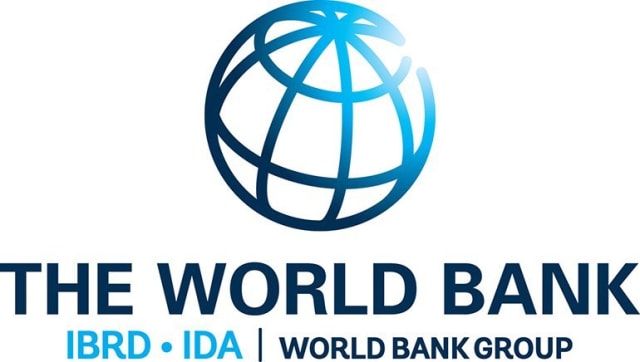IIB and World Bank conclude work on corporate governance

Moving from intentions to tangible cooperation after signing the Memorandum of Understanding in May last year, the International Investment Bank (IIB) and the International Bank for Reconstruction and Development (IBRD) – part of the World Bank Group (WBG) – have successfully concluded the corporate governance part of the Reimbursable Advisory Services (RAS) provided by the IBRD to the reformed multilateral lender.
During this phase, the IBRD has reviewed IIB’s governance system and prepared recommendations in relation to the transition from a 2-tier to a 3-tier governing structure – introducing a Board of Governors, a Board of Directors and a Management Board – that the IIB will undergo under its new statutory documents. The services were launched in the beginning of this year, with the World Bank team visiting IIB’s headquarters on a mission in March.
The transformation of IIB’s governance system – extraordinary among IFIs – will be the last formal step in the profound institutional reform of the IIB launched back in 2012. While preparing their recommendations aimed at supporting a successful transition and adoption of best governance practices, the focus was also on preserving IIB’s unique character as an interregional development bank with geographically and politically broad membership that provides each of its shareholders with a strong voice.
Reviewing the transition process prepared by the IIB, the World Bank gave a positive assessment, pointing out the overall compatibility of IIB’s proposals with the best practices in the field. As concluded by the report, “in moving toward a three-tier governance structure, the IIB is adopting the best practice standard among multilateral development banks.”
Nikolay Kosov, Chairman of the IIB Board, commented: “This was a highly valuable exercise for us, being able to benefit from decades of accumulated experience and expertise of the World Bank Group in relation to the challenging task of putting our governance structure in line with modern practices. We also appreciate the World Bank Group’s positive assessment of the general transitional principles we have prepared, and will pay close attention to its recommendations to further strengthen the new structure.”
IIB’s new statutory documents, which introduce a new governance structure and voting system, together with an increase of its authorised capital to EUR 2 billion, are currently being ratified by the member states, with Hungary having already completed this procedure. The transition process will also be on the agenda of the upcoming 105th IIB Council Meeting in Budapest, Hungary, on June 23.
The IIB will continue consultations with the World Bank Group on other crucial topics of its future development, considering the Group as one of its most important partners among other international financial institutions. The IIB also has already co-financed, alongside other partners, two projects with the IFC, and received Observer status at the WBG/IMF Annual Meetings in 2015, reflecting its closer integration into the global community of IFIs.
Reference
The World Bank Group (WBG) – one of the world’s largest sources of funding and knowledge for developing countries. It comprises five closely associated institutions: the International Bank for Reconstruction and Development (IBRD) and the International Development Association (IDA), which together form the World Bank; the International Finance Corporation (IFC), the Bank’s private sector arm; the Multilateral Investment Guarantee Agency (MIGA); and the International Centre for Settlement of Investment Disputes (ICSID). The World Bank works closely with the rest of the World Bank Group to help developing countries reduce poverty, promote economic growth, and build shared prosperity. The institution provides a combination of financial resources, knowledge and technical services, and strategic advice to developing countries.


